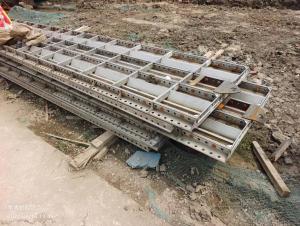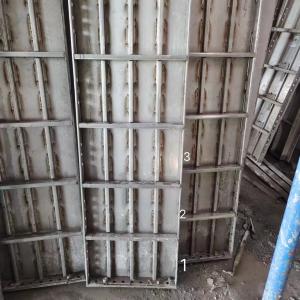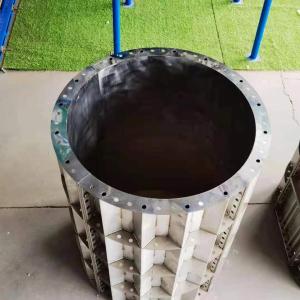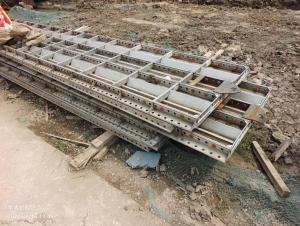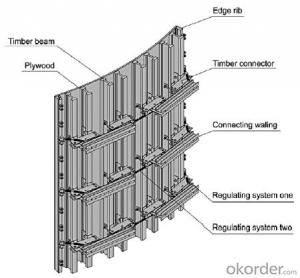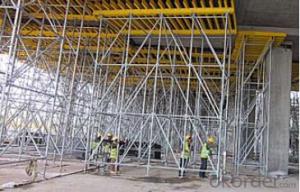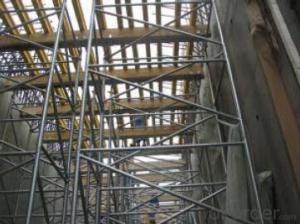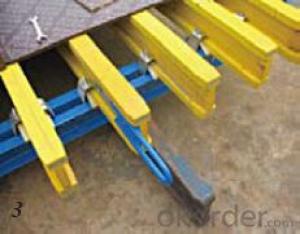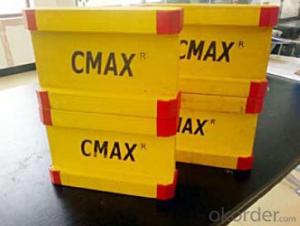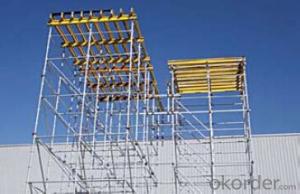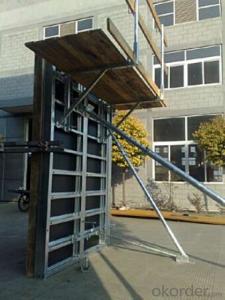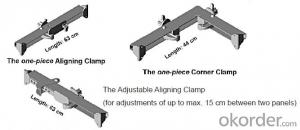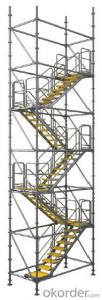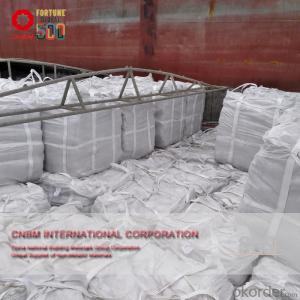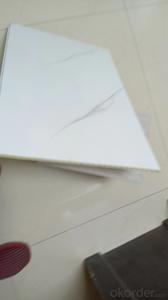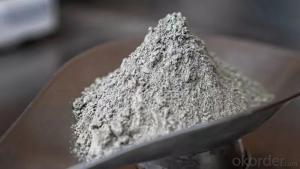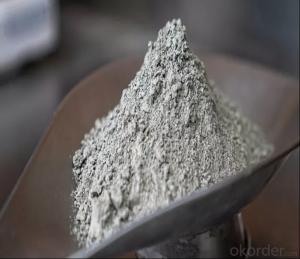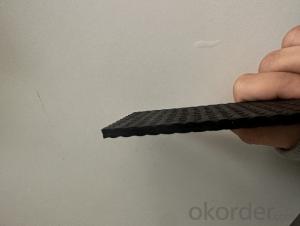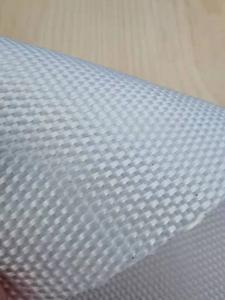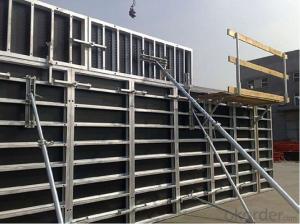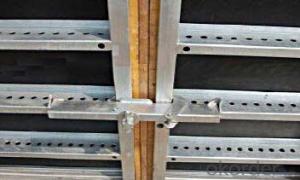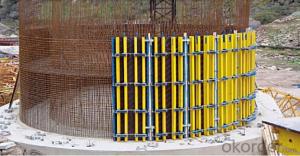Hot seller-column steel formwork,metal formwork, Stainless Steel Formwork
- Loading Port:
- Shanghai
- Payment Terms:
- TT or LC
- Min Order Qty:
- 1 set
- Supply Capability:
- 1000000 set/month
OKorder Service Pledge
OKorder Financial Service
You Might Also Like
Stainless steel formwork
Replaceable size aluminum formwork :400X1200mm , 400X1500mm
A modular panel formwork, specially designed for on-site concrete jobs where a fair – faced finish is required or where extremely high concrete pressure occur.
The panels are made of a high-quality painted steel frame and a top quality 5mm stain less steel sheeting. The sheet lies on top of the profiles so the joints between the panels are reduced to a very thin line
Advantages:
1 Stainless steel formwork, 100% follow the design of aluminum alloy formwork system, it is interchangeable, compatible and can be used together with aluminum formwork at the same time .
2It is made of high-strength stainless steel strip by rolling and laser welding. It has good corrosion resistance and high density,is not easy to rust and has no fire hazard.
3Long service life, many turnover times, high recycling value
The number of turnovers is large, especially the characteristics of no dust, no need to brush or less mold release agent, and the characteristics of low renovation costs will bring unlimited optimistic prospects to it.
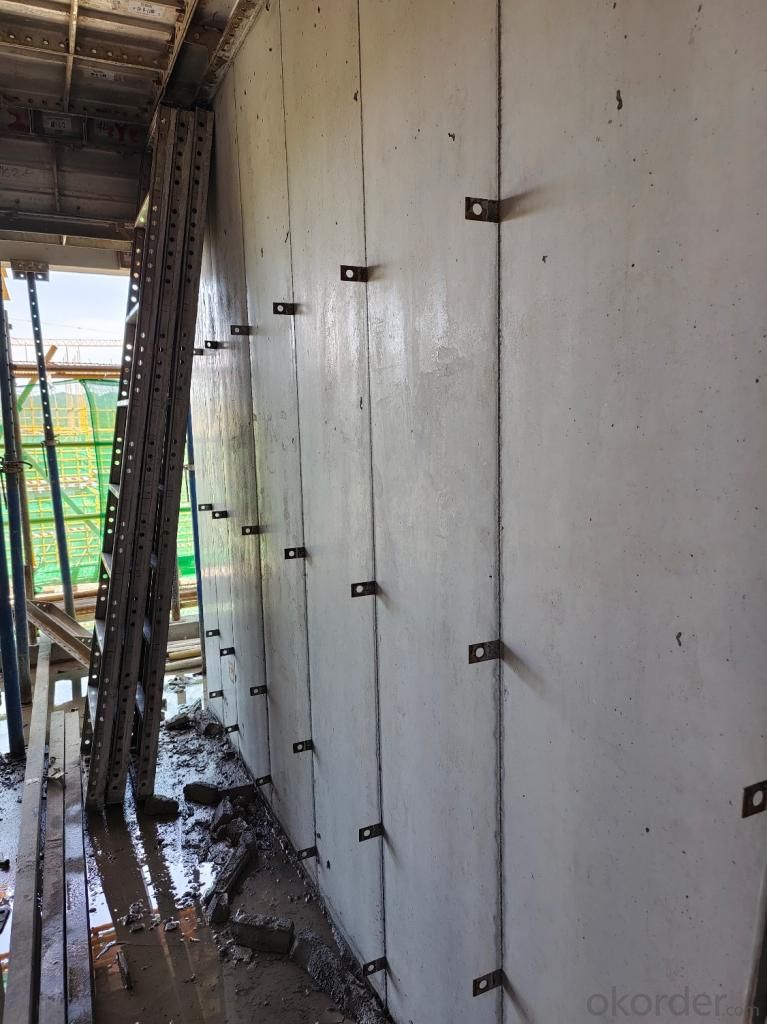
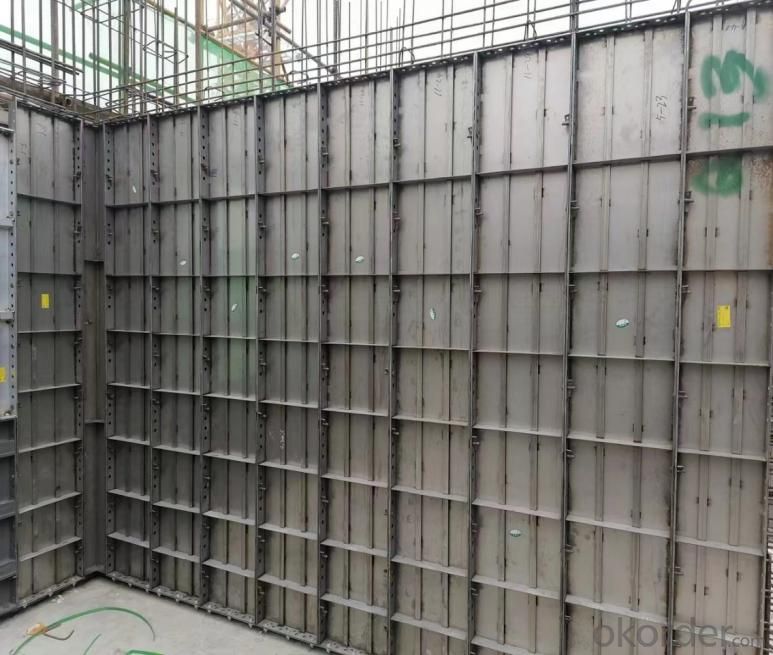
- Q:What are the common durability issues with steel formwork systems?
- There are several common durability issues that can arise with steel formwork systems. One of the main concerns is corrosion, which occurs when the steel comes into contact with moisture or aggressive chemicals. Corrosion can weaken the structural integrity of the formwork system and lead to premature failure if not properly addressed. Another durability issue is wear and tear. Steel formwork systems are often subjected to repeated use, which can result in surface damage and deformation over time. This can lead to difficulties in achieving accurate and precise concrete finishes, as well as pose safety risks for workers. Additionally, improper handling and storage of steel formwork systems can result in bending or warping of the components. This can affect the overall stability and effectiveness of the system, making it less durable and reliable. Finally, inadequate maintenance and lack of proper protective coatings can contribute to durability issues. Regular inspections, cleaning, and applying protective coatings can help prevent corrosion and extend the lifespan of the steel formwork system. In conclusion, common durability issues with steel formwork systems include corrosion, wear and tear, improper handling and storage, and inadequate maintenance. It is crucial to address these issues promptly and implement proper maintenance practices to ensure the longevity and effectiveness of the formwork system.
- Q:What are the different types of steel used for formwork construction?
- There are several types of steel commonly used for formwork construction, including mild steel, high-strength low-alloy (HSLA) steel, and reinforced steel. These different types of steel offer varying levels of strength and durability, allowing for the construction of formwork that can withstand the pressures and forces exerted during the concrete pouring process.
- Q:What is the cost of steel formwork compared to other types of formwork?
- The cost of steel formwork is generally higher compared to other types of formwork due to its durability, reusability, and strength. While it may have a higher upfront cost, it provides long-term cost benefits over time as it can be used multiple times and requires minimal maintenance.
- Q:What are the components of a steel formwork system?
- The components of a steel formwork system typically include steel panels, stiffeners, connectors, hinges, pins, wedges, and form ties.
- Q:How does steel formwork contribute to sustainable construction?
- There are several ways in which steel formwork contributes to sustainable construction: 1. Enhanced Durability: Steel formwork boasts remarkable durability and can be utilized multiple times, thereby minimizing the need for frequent replacements. This results in reduced material consumption and waste generation, making it an environmentally conscious choice. 2. Energy Efficient: In comparison to materials like wood or plastic, steel formwork requires less energy during the manufacturing process. As a result, it contributes to lower carbon emissions, thereby aiding in the reduction of greenhouse gas emissions. 3. Waste Minimization: By employing steel formwork, construction waste is minimized. Unlike traditional formwork materials that are often discarded after a single use, steel formwork can be easily disassembled, cleaned, and reused for future projects. This reduces the amount of waste sent to landfills and supports the concept of a circular economy. 4. Accelerated Construction Speed: Steel formwork is renowned for its speed and efficiency in construction projects. Its modular design allows for swift assembly and disassembly, thereby reducing construction time and energy consumption. Consequently, this minimizes disruption to the surrounding environment and lowers the overall carbon footprint of the project. 5. Enhanced Safety: Steel formwork provides a stable and secure platform for construction workers during the building process. Its strength and rigidity mitigate the risk of accidents and injuries, ensuring a safer working environment. This, in turn, leads to reduced healthcare costs and increased worker productivity. In summary, the utilization of steel formwork in construction promotes sustainability by diminishing waste, energy consumption, and carbon emissions. Its durability, reusability, and efficiency make it an invaluable option for sustainable construction practices.
- Q:Can steel formwork be used for water retaining structures?
- Water retaining structures can indeed utilize steel formwork. One of the notable characteristics of steel formwork is its strength, durability, and ability to withstand high pressures. When designed and constructed correctly, steel formwork can establish a watertight seal and effectively resist the hydrostatic pressure exerted by water. Moreover, steel formwork facilitates a uniform and smooth finish, minimizing the chances of water leakage. However, it is crucial to implement appropriate waterproofing measures, including the use of suitable sealing materials and techniques, to prevent potential water leakage or seepage through joints or connections. Consistent inspection and maintenance are also indispensable to ensure the long-term integrity of the water retaining structure.
- Q:Can steel formwork be used for curved or irregular-shaped structures?
- Indeed, curved or irregular-shaped structures can be constructed using steel formwork. Unlike conventional timber formwork, steel formwork boasts enhanced flexibility and strength, rendering it ideal for intricate shapes and designs. With steel formwork, it is effortless to bend or fabricate it into any desired shape, facilitating the construction of curved walls, columns, and slabs. Furthermore, steel formwork delivers exceptional support and stability, guaranteeing the precision and accuracy of the eventual structure. Its durability and reusability further contribute to its cost-effectiveness in projects involving curved or irregular-shaped structures.
- Q:How does steel formwork contribute to faster construction?
- Steel formwork contributes to faster construction in several ways. Firstly, steel formwork is highly durable and can withstand multiple uses. This means that it can be reused on multiple construction projects, reducing the need to constantly manufacture new formwork. This not only saves time but also reduces costs associated with purchasing new materials for each project. Additionally, steel formwork is quick and easy to assemble and disassemble. The modular nature of steel formwork allows for efficient installation and removal, enabling construction teams to complete projects at a faster pace. This is particularly beneficial in projects with tight timelines or where speed is of the essence. Furthermore, steel formwork provides a smooth and consistent surface finish, which eliminates the need for additional plastering or finishing work. This saves time and effort during the construction process, as there is no need to wait for plaster or other finishing materials to dry before proceeding to the next stage. Moreover, steel formwork allows for greater flexibility in design. Steel can be easily fabricated into various shapes and sizes, enabling the construction of complex structures. This versatility eliminates the need for costly and time-consuming custom formwork solutions, as steel formwork can be adapted to meet the specific requirements of each project. Lastly, steel formwork is known for its excellent strength and stability. It can withstand heavy loads and adverse weather conditions, ensuring the safety and stability of the construction site. This reduces the risk of delays due to structural issues or the need for additional reinforcements, allowing the construction process to progress smoothly and efficiently. Overall, the use of steel formwork in construction projects contributes to faster construction by providing durability, easy assembly and disassembly, a smooth surface finish, design flexibility, and enhanced strength and stability. These factors combined help to streamline the construction process and reduce the overall project timeline.
- Q:Can steel formwork be used for architectural concrete slabs?
- Yes, steel formwork can be used for architectural concrete slabs. Steel formwork offers durability, strength, and stability, making it suitable for creating complex architectural designs in concrete slabs. It can provide a smooth finish, precise dimensions, and reusable components for efficient construction.
- Q:Can steel formwork be used for tunnel portals?
- Yes, steel formwork can be used for tunnel portals. Steel formwork is a versatile and durable option for constructing tunnel portals due to its strength and ability to withstand the forces and pressures exerted by the surrounding soil and rock. Steel formwork can be fabricated to any shape and size required for tunnel portals and can be easily assembled and disassembled, making it a practical choice for tunnel construction. Additionally, steel formwork provides a smooth surface finish, which is important for tunnel portals as it allows for efficient flow of traffic and reduces the risk of damage to vehicles. Overall, steel formwork is a suitable and commonly used method for constructing tunnel portals.
1. Manufacturer Overview |
|
|---|---|
| Location | |
| Year Established | |
| Annual Output Value | |
| Main Markets | |
| Company Certifications | |
2. Manufacturer Certificates |
|
|---|---|
| a) Certification Name | |
| Range | |
| Reference | |
| Validity Period | |
3. Manufacturer Capability |
|
|---|---|
| a)Trade Capacity | |
| Nearest Port | |
| Export Percentage | |
| No.of Employees in Trade Department | |
| Language Spoken: | |
| b)Factory Information | |
| Factory Size: | |
| No. of Production Lines | |
| Contract Manufacturing | |
| Product Price Range | |
Send your message to us
Hot seller-column steel formwork,metal formwork, Stainless Steel Formwork
- Loading Port:
- Shanghai
- Payment Terms:
- TT or LC
- Min Order Qty:
- 1 set
- Supply Capability:
- 1000000 set/month
OKorder Service Pledge
OKorder Financial Service
Similar products
New products
Hot products
Related keywords
